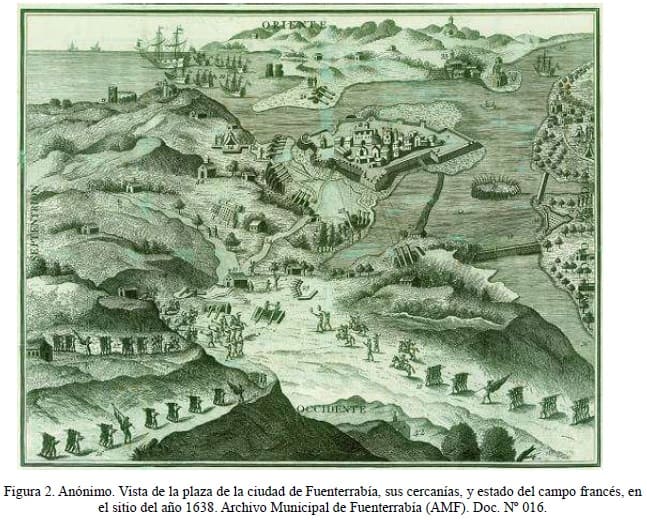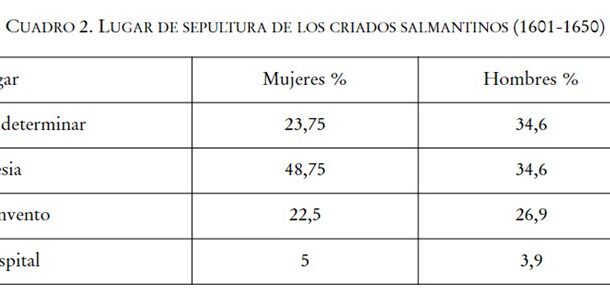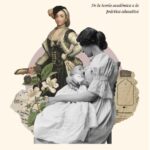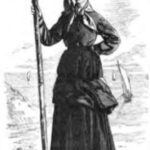Attitudes to death are a reflection of the mentality of the time. Between 1601 and 1650, the 106 wills compiled by the author for the socio-professional group of servants in Salamanca give us a clear picture: the majority of servants were women (75% as opposed to 25% men). Despite the predominance of women, only 2.5% were able to sign, while in the male group this rises to 23%. Women were more likely to make offerings (47.5%), to leave their master as executor (57.7%) and their soul as heir (57.5%). The deep religiosity that permeated Ancien Régime society was also evident among male servants. Indeed, up to 38.5% offered their inheritance to their soul to ensure their welfare beyond the earthly life through masses and offices for the souls. It was also common for them to ask to be accompanied at their funeral by a clergyman or by a religious institution, such as the confraternities.
Collection: Statistics
Project: 3. Rural world and urban world in the formation of the European identity., 4. Family, daily life and social inequality in Europe.
Chronology: XVII
Scope: Secondary Education, Baccalaureate, University
Link: https://revistas.usal.es/index.php/Studia_Historica/article/view/7765/7821
Resource type: Statistics
Format: TablTablea
Source: Lorenzo Pinar, F. J. (2009). "Los criados salmantinos durante el siglo XVII (1601-1650): conflictividad social y actitudes ante la muerte (II)", en Studia Historica, vol. 31, p. 292.
Language: Spanish
Date: 2009
Owner: Pablo Ballesta Fernández (Modernalia)
Copyright: ©Studia Historica ©Francisco Javier Lorenzo Pinar
Abstract: Resource showing the mentality of the Salamanca servants on their deathbed according to the sex of the testators
Image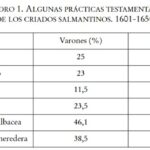
Tags


